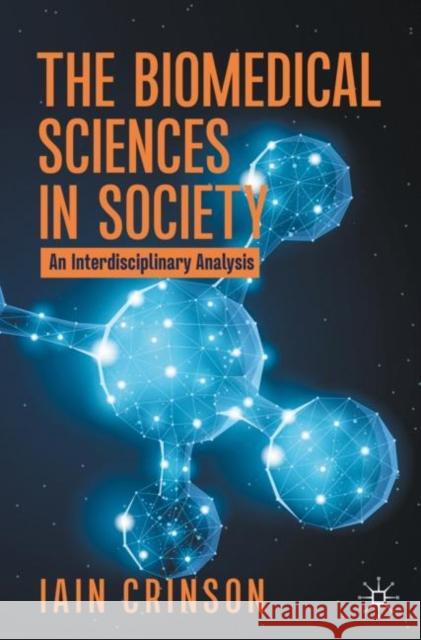The Biomedical Sciences in Society: An Interdisciplinary Analysis » książka
topmenu
The Biomedical Sciences in Society: An Interdisciplinary Analysis
ISBN-13: 9789811595226 / Angielski / Miękka / 2021 / 203 str.
Kategorie:
Kategorie BISAC:
Wydawca:
Palgrave MacMillan
Język:
Angielski
ISBN-13:
9789811595226
Rok wydania:
2021
Wydanie:
2021
Ilość stron:
203
Waga:
0.31 kg
Wymiary:
23.39 x 15.6 x 1.17
Oprawa:
Miękka
Wolumenów:
01
Dodatkowe informacje:
Wydanie ilustrowane











